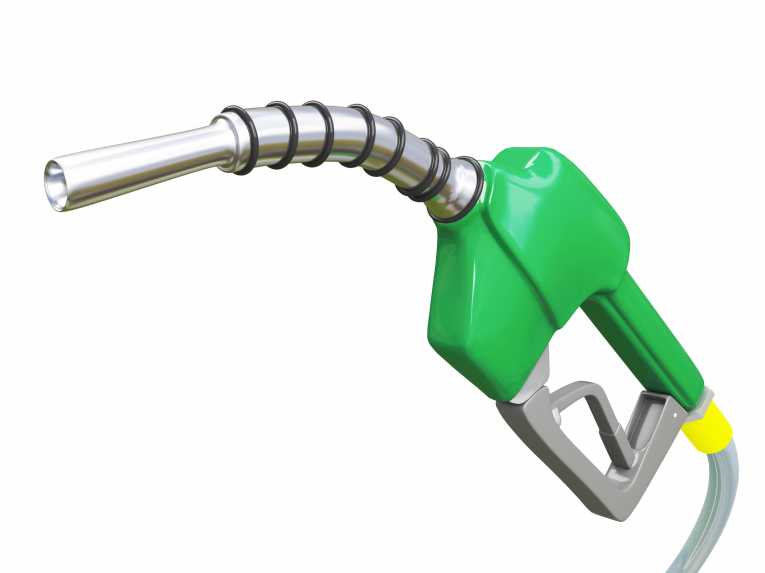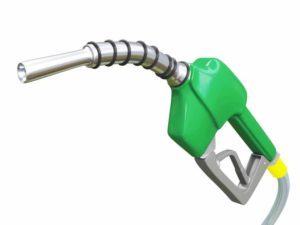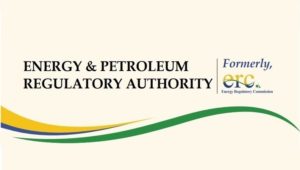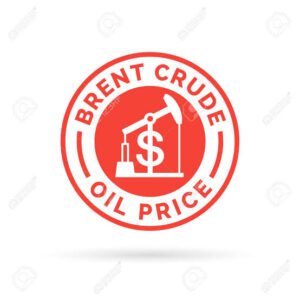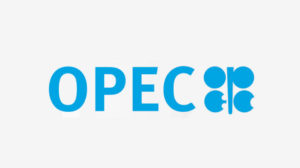Vehicle users in Kenya, have reportedly began to incur additional charges at fuel pumps. This is as a results of moves made by the Energy and Petroleum Regulatory Authority (EPRA), to impact increments to the maximum retail prices for petroleum.
The Energy and Petroleum Regulatory Authority (EPRA),m which was formerly known as the Energy Regulatory Commission (ERC), has in its mid-month review adjusted costs for the three petroleum commodities by an average 5.43 Kenyan shillings for Petrol, 2.24 Kenyan Shillings for Diesel and 2.40 Kenyan shillings for kerosene.
The notable surge in fuel prices has been largely due to a combination of increased landing costs for refined fuel, as the prices of crude internationally, remain on the rise and the weakened Kenyan Shilling during the March to April 2019 import window.
Brent Crude which stands as the petroleum gold standard has for instance sustained a price of $70 (7,000 Kenyan Shillings) upward, per barrel, for as far back as early April 2019 having come from under a low $53.80 (5,380 Kenyan Shillings) per barrel price point at the start of the year.
The added cost from the price review, will see petrol trade at 112.03 Kenyan Shillings per liter in the capital Nairobi, kerosene will retail at 104.62 Kenyan Shillings and Diesel will retail at 104.37 Kenyan Shillings for every liter.
This latest price adjustment by the Energy and Petroleum Regulatory Authority (EPRA), is reflective of a continued sharp increases in international crude prices with the regulator having made a near similar review on all three petroleum commodities during the last review on the 14th of April 2019.
The increase of fuel prices is also likely to bear a significant impact on fuel induced inflationary pressures, with the current value of the consumer price index standing at an 18-month high of 6.56 percent.
The international commodities market which plays a significant role in the determination of petroleum prices locally as well, still remains characterized by uncertainties defined by a combination of ongoing trade disputes and planned production cuts.
While the planned production cuts by the oil exporters under the Organization of Petroleum Exporting Countries (OPEC) would have guaranteed a major increase in petroleum prices at the world stage in 2019, the current trade war between China and the United States, has eaten into gains by oil producers.
Tensions rising in the middle East between two of the key oil producers in Saudi Arabia and Iran, are however likely to extinguish any pricing recourse as the emerging conflict threatens the global supply of the precious commodity.
As at the 14th of May 2019, Brent Crude which is the global benchmark, traded at an average of $70.23 (7,023 Kenyan Shillings) per barrel, a much better improvement from a week high of $72.48 (7,248 Kenyan Shillings).
Another ripple effect of the fuel price increase, is a probable increase in transportation costs as well, via Matatus, Tuk Tuks, Boda Bodas, as well as Cab services like Bolt (Formerly known as Taxify), Uber, Safaricom owned Little, and the rest.
The cost of food items, could potentially be affected as well, if their manufacturing costs get hit as well.

